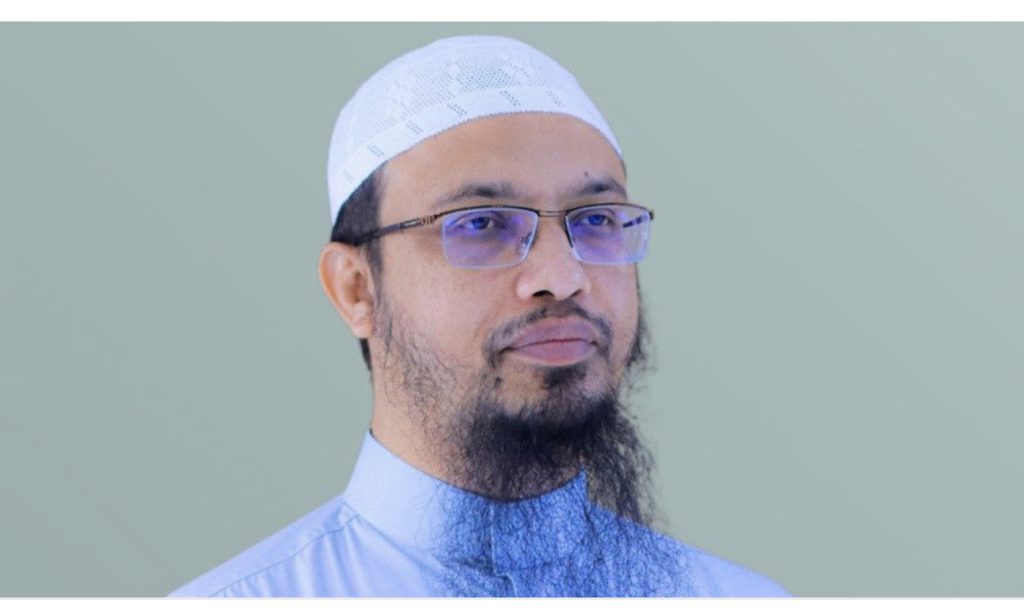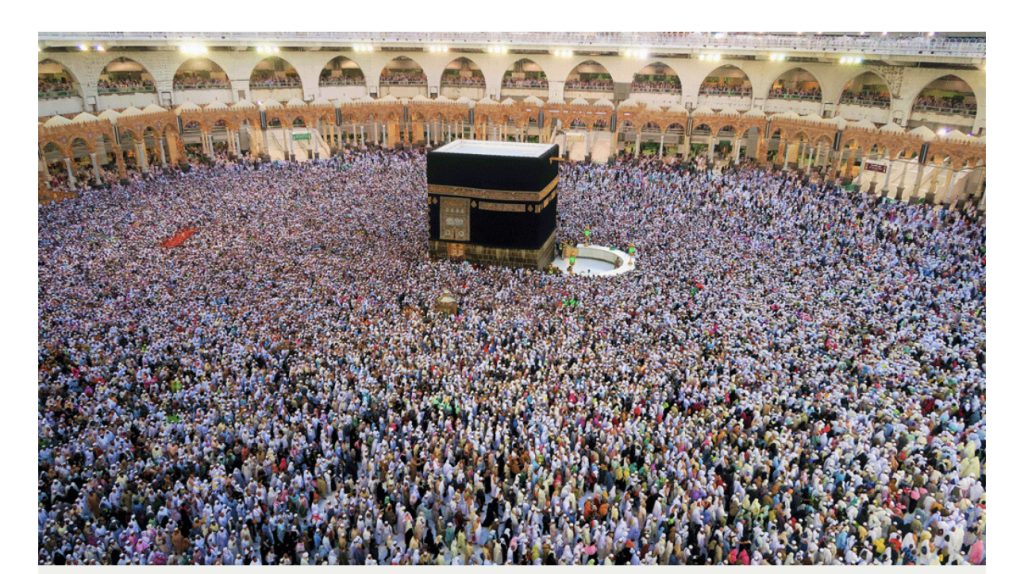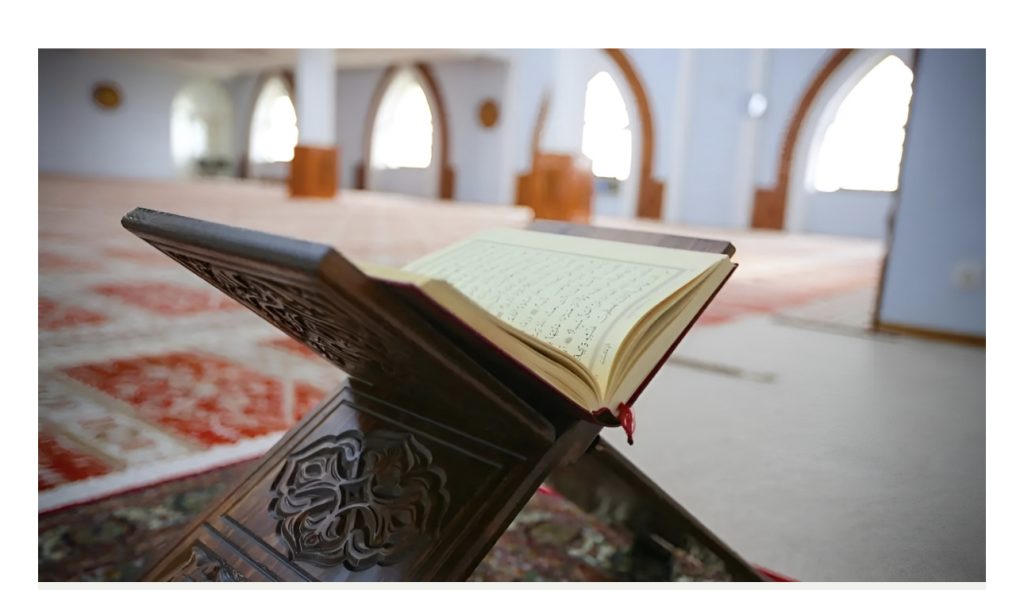Adoption in Islam: Understanding Kafalah and Shariah Guidelines
Query from Alamgir Dewan, Sylhet:
“My wife and I have been married for 25 years, and Allah has not blessed us with a child. Doctors have confirmed my wife is unable to conceive. We have decided to adopt an orphaned child. I would be grateful if you could explain the correct Islamic rulings regarding adoption.”
The Islamic Stance: Kafalah (Guardianship) is Encouraged
Your decision to raise a child to fill the void of childlessness after 25 years of marriage is highly humane and commendable. Islam not only approves of this noble decision but actively encourages taking guardianship (Kafalah) of an orphan, homeless, or vulnerable child, considering it an act that yields immense spiritual reward (Sawab).
However, this must be done while strictly adhering to fundamental Shariah principles.
Key Islamic Rulings on Adoption (Kafalah)
Islam supports the process of guardianship (Kafalah)—providing care, love, sustenance, clothing, and education to someone else’s child. It is considered a noble form of worship. The Prophet Muhammad (peace be upon him) declared taking responsibility for an orphan to be an act of great reward. (Sahih Bukhari: 6005)
However, Islam does not endorse conventional adoption, where the child’s true parental identity is erased, and they are granted all legal rights (like inheritance and Mahram status) as if they were a biological child. The core condition of Kafalah is to preserve the child’s original lineage and identity.
1. Preserving True Lineage (Prohibition of Adopting Identity)
• Prohibition: Completely severing the true parental identity of any free person is strictly Haram (forbidden) and a major sin (Kabirah Gunah) in Islam.
• True Identity: The child’s relationship with their original parents and lineage can never be abolished due to adoption.
• Documentation: It is mandatory that the child’s birth certificate, educational records, voter ID, or any other official documents mention the name of their true, biological father.
2. The Rule of Mahram and Hijab (Purdah/Modesty)
• No Blood Relation: Since the foster parents have no blood relation with the adopted child, the rules of Purdah (modesty) must be observed once the child reaches puberty.
• A fostered son must observe full Purdah with the foster mother.
• A fostered daughter must observe full Purdah with the foster father.
• The Easiest Solution (Foster-Nursing): To avoid the strictness of Purdah, the simplest method is to ensure the infant is nursed by the foster mother or one of her sisters or daughters within the first two years of the child’s life. This act establishes a milk-kinship (Rada’ah), making the child a Mahram (permissible relative) and eliminating the need for Purdah. (Sahih Bukhari: 2645)
3. Inheritance Rights
• No Automatic Inheritance: A foster child does not automatically inherit (as an Warith) any portion of the foster parent’s property after their death, as they lack a blood relationship.
• Permissible Transfers: However, the foster parents may, out of affection, gift (Hiba) property to the adopted child during their lifetime. Alternatively, they may leave a bequest (Wasiyyah or Will) for the adopted child from no more than one-third (1/3) of their total estate.
4. Calling Parents
- • It is permissible for the foster child to address their caregivers as ‘Mother’ and ‘Father’ out of respect and gratitude. Likewise, the foster parents may affectionately call the child their ‘Son’ or ‘Daughter.’




